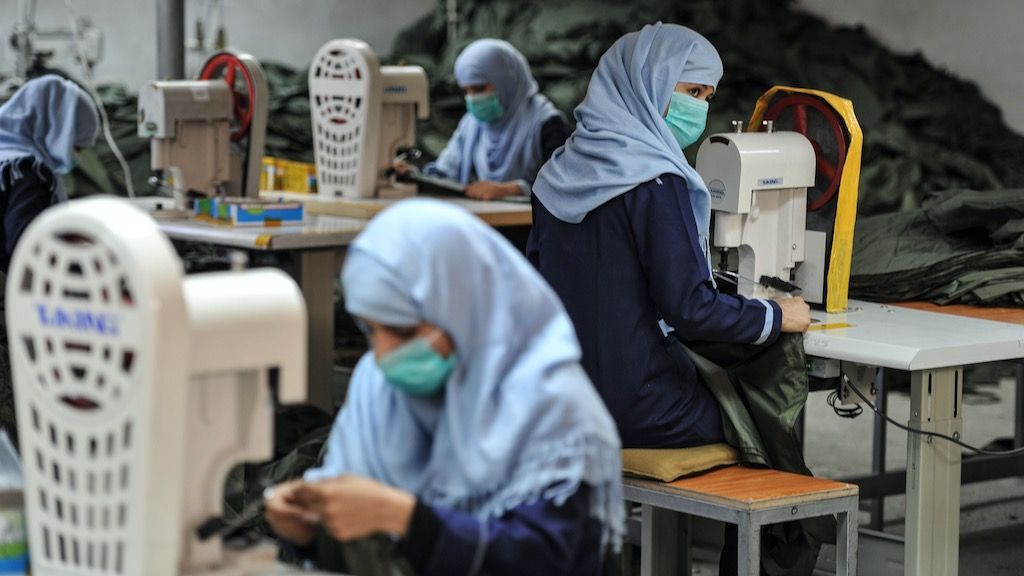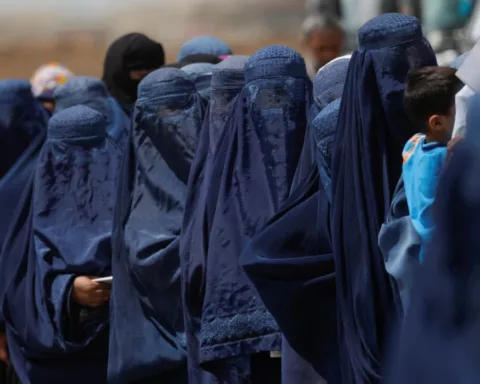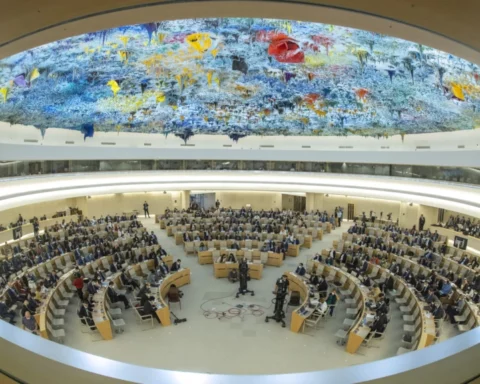MANILA, PHILIPPINES (7 December 2020) — The CAREC Gender Strategy 2030, presented at the 19th CAREC Ministerial Conference held virtually today, was endorsed by ministers and senior officials representing Afghanistan, Azerbaijan, the People’s Republic of China, Georgia, Kazakhstan, the Kyrgyz Republic, Mongolia, Pakistan, Tajikistan, Turkmenistan, and Uzbekistan. President Mohammad Ashraf Ghani of Afghanistan also attended the meeting.
“There is a critical need for additional efforts to include women’s voices at all stages of planning and implementation in regional projects,” said Asian Development Bank (ADB) Vice-President Shixin Chen, co-chair of the conference. “Gender equality is essential for sustainable development and the gender strategy promotes the empowerment of women by ensuring access to capacity building, economic opportunities, and involvement in decision making.”
CAREC countries face several common challenges to improving the lives of women. There is a systemic gender gap in labor force participation, with disparities in employment rates, pay scales, and quality of employment. There are also challenges in implementing national policies on flexible working arrangements, parental leave, and equal pay.
In many countries, female entrepreneurship is undermined by a lack of finance for start-ups and expansion because of women’s limited ownership of assets to leverage credit, while the proportion of women in senior management positions remains low.
Women are also often among the most affected by external shocks such as drought or flooding linked to climate change; food and oil price fluctuations; and global pandemics because of their disproportionate exposure to risk and primary care responsibilities.
CAREC’s gender strategy outlines how the program’s operations will supplement national strategies to empower women. This includes promoting economic opportunities for women in paid formal employment, in agriculture and informal sectors, and in entrepreneurship, among others.
The strategy articulates how CAREC interventions will account for the specific needs and concerns of women and girls through projects’ consultative processes. It also aims to ensure women have equal access to quality education, healthcare services, and information and communication technology.
“ADB identifies gender equality as both a critical end goal and a key driver of sustainable socioeconomic development,” said ADB Director General for Central and West Asia Werner Liepach. “The gender strategy endorsed today is a step towards closing the gender equality gap that creates disadvantage, limits opportunities, and undermines well-being for women and other vulnerable groups in all CAREC countries, and will help to ensure that CAREC interventions leave no one behind.”
All CAREC countries have committed to the Sustainable Development Goals and to key international gender equality agreements, including the Convention on the Elimination of all Forms of Discrimination Against Women. The CAREC gender strategy commits to support policy reforms that will address existing gender disparities.
The CAREC Program is a partnership of 11 countries to promote economic growth and sustainable development through regional cooperation. It is supported by development partners including ADB, which serves as the secretariat for the CAREC Program.
Since 2001, the CAREC Program has financed 208 regional infrastructure and trade projects worth $39.2 billion. Of this, $14.7 billion has been financed by ADB, $15.8 billion by other development partners, and $8.7 billion by CAREC member country governments.





